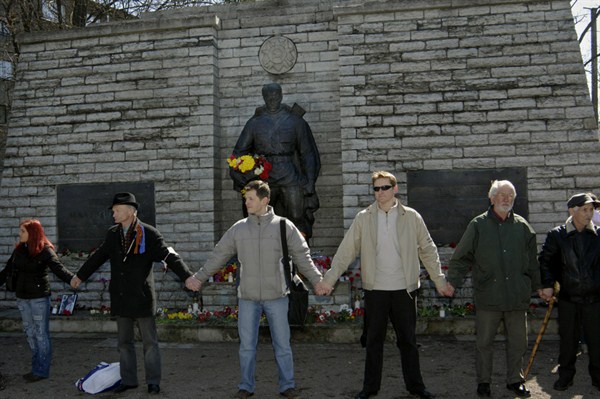Nowhere does Russia’s policy of protecting its “compatriots”—Moscow’s loosely defined term for the Russian diaspora and Russian-speakers residing in the former Soviet republics—spell as much concern for the current post-Cold War order as in the Baltic states. All three Baltic states have significant numbers of Russian-speakers that are concentrated in territories close to the Russian border. In Lithuania, Russian-speakers make up 15 percent of the entire population; in Latvia 34 percent; and in Estonia the number might be as high as 30 percent.
This has been a major source of worry for the Baltic states, because in the recent past Russia has demonstrated its ability to annex territories and create puppet states in places as disparate as eastern Ukraine, Crimea, Georgia’s South Ossetia and Abkhazia and Moldova’s Transnistria, all while using the ambiguous policies of protecting its compatriots. Likewise, Tallinn, Riga and Vilnius have been consistently challenged by Moscow’s soft power, compatriot policies, information warfare and “passport-ization” efforts, whereby Russian-speakers are offered Russian passports and citizenship.
Russian influence can be also seen in the domestic politics of the Baltic states. In Latvia’s parliamentary elections earlier this month, for instance, a pro-Russian party received the most votes. Following the annexation of Crimea in March 2014, Moscow’s Baltic policies gained further momentum. However, it must be stressed that the Baltic states are no ordinary post-Soviet republics. All three have been NATO and European Union members since 2004, meaning that any success Moscow is able to achieve in destabilizing Estonia, Latvia or Lithuania’s territorial integrity or fueling separatism will elicit a response from NATO.

